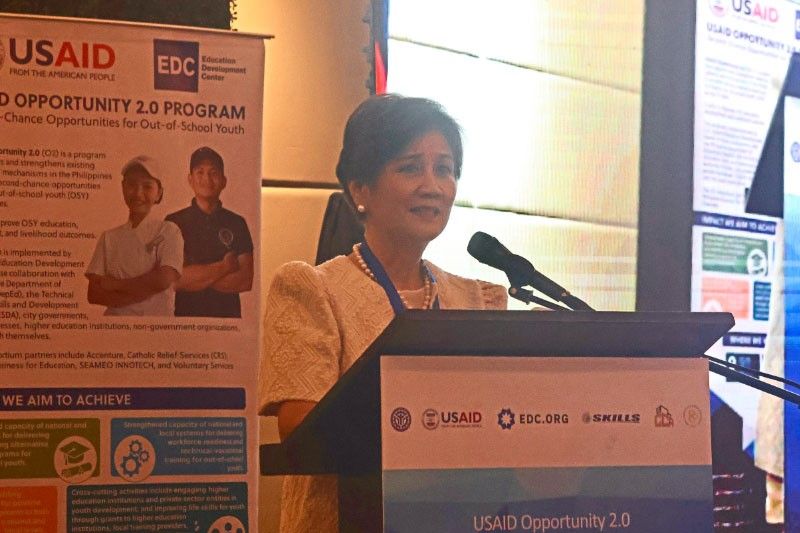Construction sector certification program launched

CEBU, Philippines — Technical-vocational institute, Primary Structures Educational Foundation Inc. - School of Knowledge for Industrial Labor, Leadership, and Service (PSEFI-Skills), is leading a movement to elevate the status of construction workers in the Philippines through an industry certification program.
PSEFI-Skills, President and chief operating officer (COO) Paulette Liu launched the “Industry Certification in the Construction Sector” program in partnership with USAID, EDC.org, the Cebu Contractors Association (CCA), and the Cebu Chamber of Commerce and Industry (CCCI).
According to Liu, this program equips out-of-school youth between 18 to 24 with the skills necessary for careers in the construction industry, and recognized construction workers as skilled professionals.
This private sector led initiative was pushed to elevate construction work into a respected and promising profession for Filipino youth, Liu said.
The four-month program combines classroom training, certification, and on-the-job immersion, preparing participants for roles as builder assistants specializing in structural concrete and finishing works.
The focus is on developing multi-skilled workers who can adapt to industry demands and assume leadership roles.
The program’s pilot run produced 39 graduates, 29 of whom earned certifications. This success highlights its potential to address labor shortages while providing sustainable career opportunities for the youth.
Addressing Labor Shortage
The Philippine construction industry, employing 4.7 million workers as of August 2024, faces challenges such as a mismatch between workforce skills and industry needs, an aging labor pool, and low interest among the youth.
The Department of Labor and Employment (DOLE) estimates that an additional one million construction workers will be required by 2026 to meet growing demand from local and international projects.
“This program is a game-changer,” said Ronaldo Elepaño Jr., president of the Philippine Construction Association.
“It provides a blueprint for addressing skills gaps not only in construction but across other industries as well,” Elepaño added.
According to Gerard Francis Cañedo, president of the Cebu Contractors Association (CCA), the certification is a key step in professionalizing the construction industry.
Cañedo said certified construction workers can achieve higher incomes, stable employment, and enhanced dignity in their roles.
“We are committed to elevating construction workers from being seen as laborers to being respected professionals recognized for their skills and expertise,” Cañedo added.
Beyond skills training, the program aims to change public perceptions about construction work. While advancements in technology, safety, and compensation have improved conditions, stereotypes about the industry persist.
By emphasizing skill-building and career pathways, the initiative aspires to position construction as a secure and rewarding career choice.
Technical Education and Skills Development Authority (TESDA) Director General Secretary Jose Francisco Benitez who was in Cebu for the launching, praised the initiative, noting its alignment with the industry’s transition to green and sustainable practices.
Benitez urged stakeholders, including USAID, to expand such programs to other sectors.
CCCI President Jay Yuvallos stressed the importance of human capital investment. “Certification is just the start. Companies need to innovate and push for inclusive and green construction to ensure long-term growth,” Yuvallos said.
Liu reaffirmed PSEFI-Skills’ mission to empower individuals and transform the workforce. “We’re not just filling vacancies—we’re building careers and changing lives,” she said.
This initiative represents a significant step toward addressing labor shortages, and reshaping the construction industry into a profession of choice for the next generation. — (FREEMAN)
- Latest





















